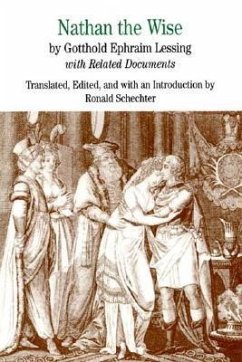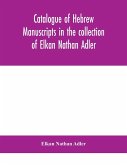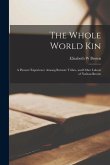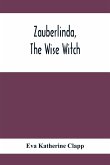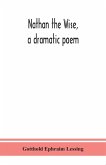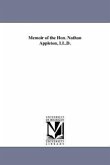One of the most frequently performed and widely read comedies of the eighteenth century, Gotthold Ephraim Lessing's "Nathan the Wise" (1779) combines rich characterization with an engaging plot. Set in Muslim-ruled Jerusalem at the time of the Crusades, it deals with universal themes -- including the nature of God, antisemitism, wealth and poverty, and the conflict between love and duty. Today the play is as timely as ever. This edition, the first English version expressly intended for undergraduates, contains an insightful introduction that discusses the play, Lessing and the Enlightenment, and the situation of Jews in eighteenth-century Europe. Additionally, there are five related historical documents -- each with a context-setting headnote -- illustrations, a chronology, questions for consideration, and a selected bibliography.
As relevant today as when it was written in the eighteenth century, this edition of Nathan the Wise includes an insightful intrduction that delves into major themes of the play, the life of the author, and the Enightenment to provide context as well as illustrate how themes covered them are still discussed now.
Hinweis: Dieser Artikel kann nur an eine deutsche Lieferadresse ausgeliefert werden.
As relevant today as when it was written in the eighteenth century, this edition of Nathan the Wise includes an insightful intrduction that delves into major themes of the play, the life of the author, and the Enightenment to provide context as well as illustrate how themes covered them are still discussed now.
Hinweis: Dieser Artikel kann nur an eine deutsche Lieferadresse ausgeliefert werden.

